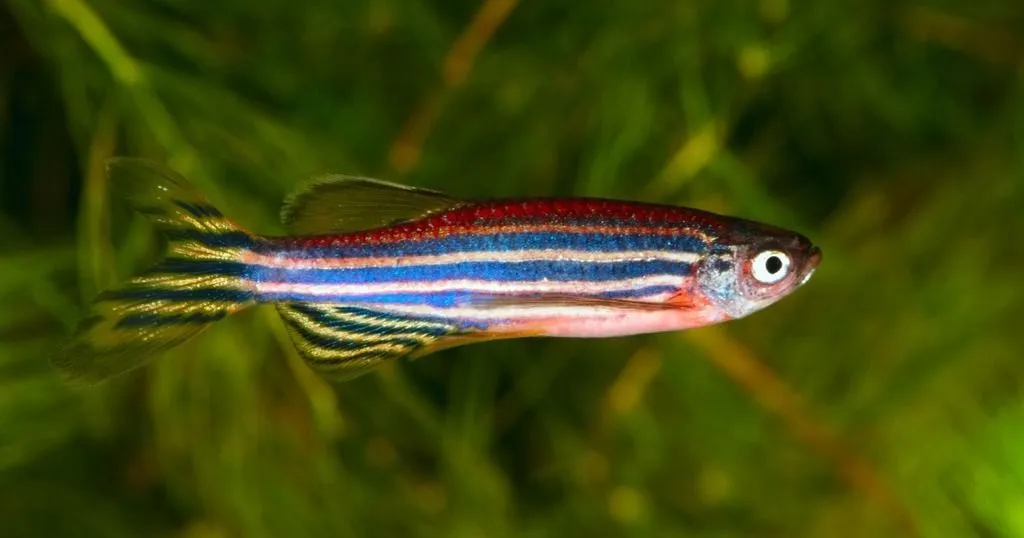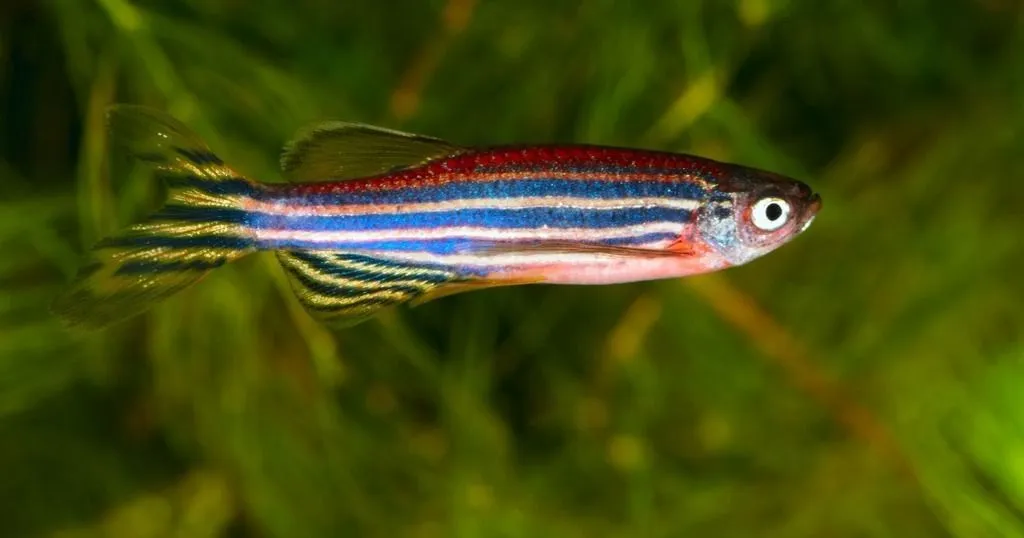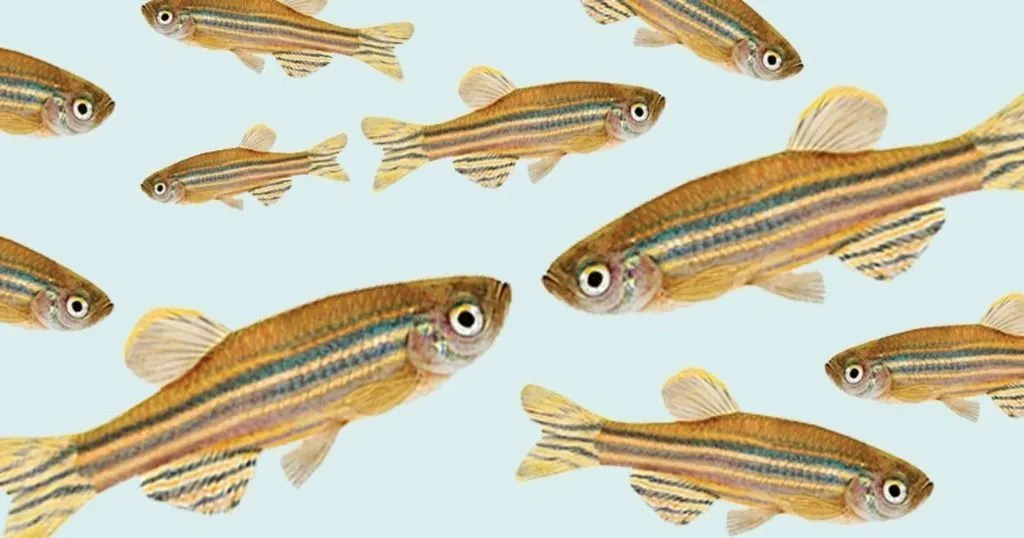How young zebrafish cope with stress
Stress is a natural thing, and how we cope with it differs from person to person. In research, we use the term coping style, something that emerges early on in life for zebrafish.
Posted by
Published on
Thu 15 Jan. 2015
Topics
| EthoVision XT | Stress | Video Tracking | Zebrafish |

We are all a bit stressed from time to time. Maybe some of you a bit more than usual right now, it being the post-holiday, catch-up-with-everything season and all… But stress is a natural thing, and how we cope with it differs from person to person. In research, we use the term coping style. And now Christian Tudorache and his colleagues from Leiden University (The Netherlands) have found that these coping styles emerge early on in life, or at least they do in zebrafish. They recently published a paper in Stress.
Coping styles based on the emerging test
Coping styles can be defined as either proactive or reactive, with proactive individuals being more explorative, bold and aggressive, while reactive animals are shy, nonexploratory and nonagressive. To investigate the difference in behavior and physiology between young individuals with different coping styles, Tudorache and his colleagues used an emergence test to identify zebrafish larvae (8 days post fertilization) as early emerging (EE) and late emerging (LE) based on their order of exit from a dark shelter into a well-lit environment. These EE and LE results correspond with pro-active and re-active coping styles, respectively.
Netting stress
The two larval groups were separated into well plates. During acclimatization and a recording period of 15 minutes, the larvae were able to swim around freely in the well plate. Subsequently, a strong stressor was applied: during a netting procedure larvae were suspended into the air for one minute, three times in a row. Then a second recording period of 30 minutes commenced.
Kinematics and physiology
During both recording periods, video recordings were made from above and swimming kinematics were measured with video tracking software EthoVision XT. To assess the physiological stress response, whole-body cortisol measurements were also taken.
Coping styles correlations
The two groups showed significant differences in both behavior and physiology. Contrary to what you might expect, the late emerging (LE) larvae were more active with a larger distance travelled and higher overall velocity than the early emerging (EE) larvae. With that amount of movement, it is somewhat surprising that LE larvae did not find the exit to the lighted area more easily during the emergence test, but apparently that was not the deciding factor. Maybe scototaxis plays a role?
Recovery after stress
The EE zebrafish did show straighter swimming lines based on swimming directionality, and, after the stressor of netting was applied, a quicker recovery to their normal activity levels than LE fish. Also, cortisol levels spiked higher in EE larvae, but again, baseline levels were recovered more quickly.
Coping at a young age
Tudorache and his colleagues found that zebrafish already show differences in coping style at a young age, both in behavior and physiology. This is a very nice starting point for further research. Zebrafish, as a typical vertebrate, again prove to be a useful model in the medical field and for conservation and animal welfare research.
Read more about the methods and results of this study in the complete publication:
- Tudorache, C.; Braake, A. ter; Tromp, M.; Slabbekoorn, H.; Schaaf, M.J.M. (2014). Behavioural and physiological indicators of stress coping styles in larval zebrafish. Stress, doi: 10.3109/10253890.2014.989205
For more information about tools for zebrafish research go to www.noldus.com/ethovision-xt.
Thanks to Christian Tudorache for providing additional information about this research!
Related Posts

Zebrafish provide key insights into alcohol addiction

